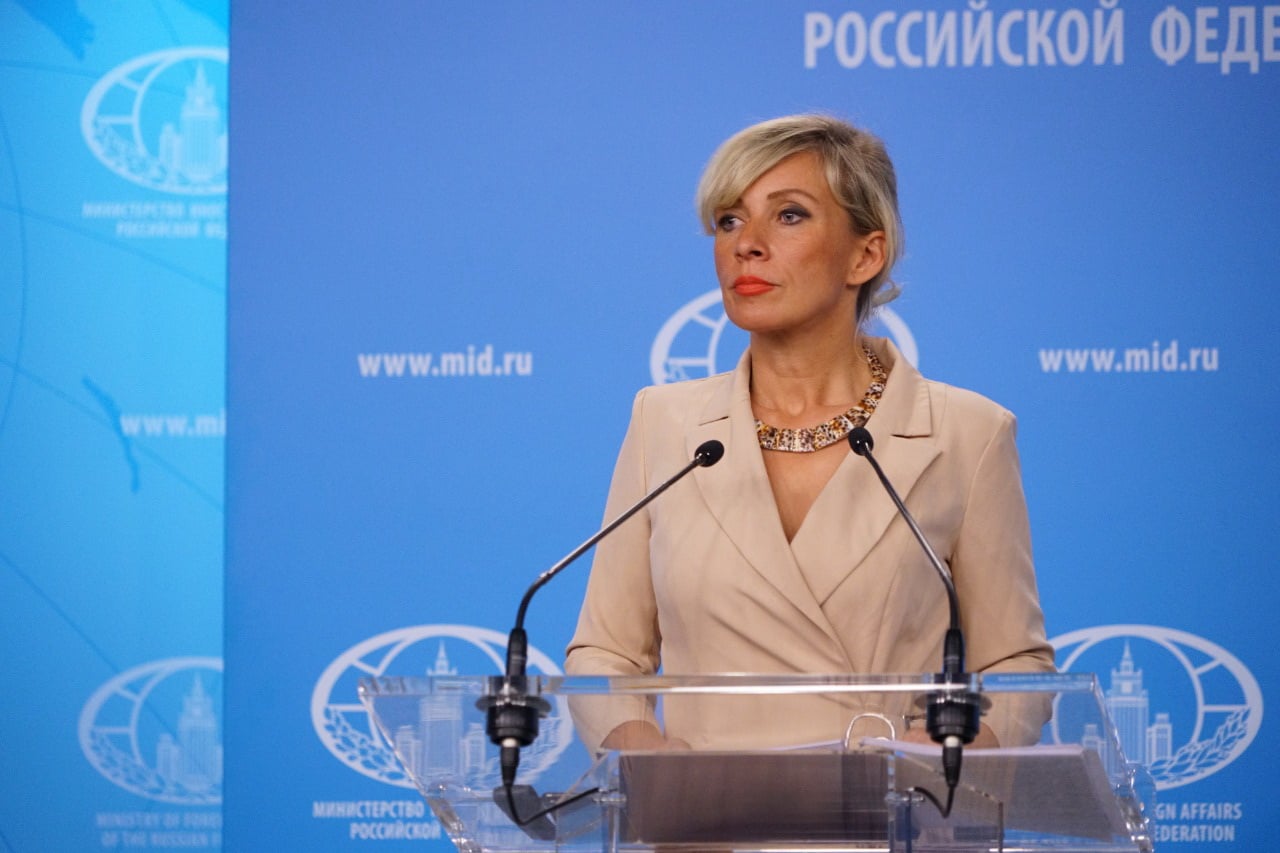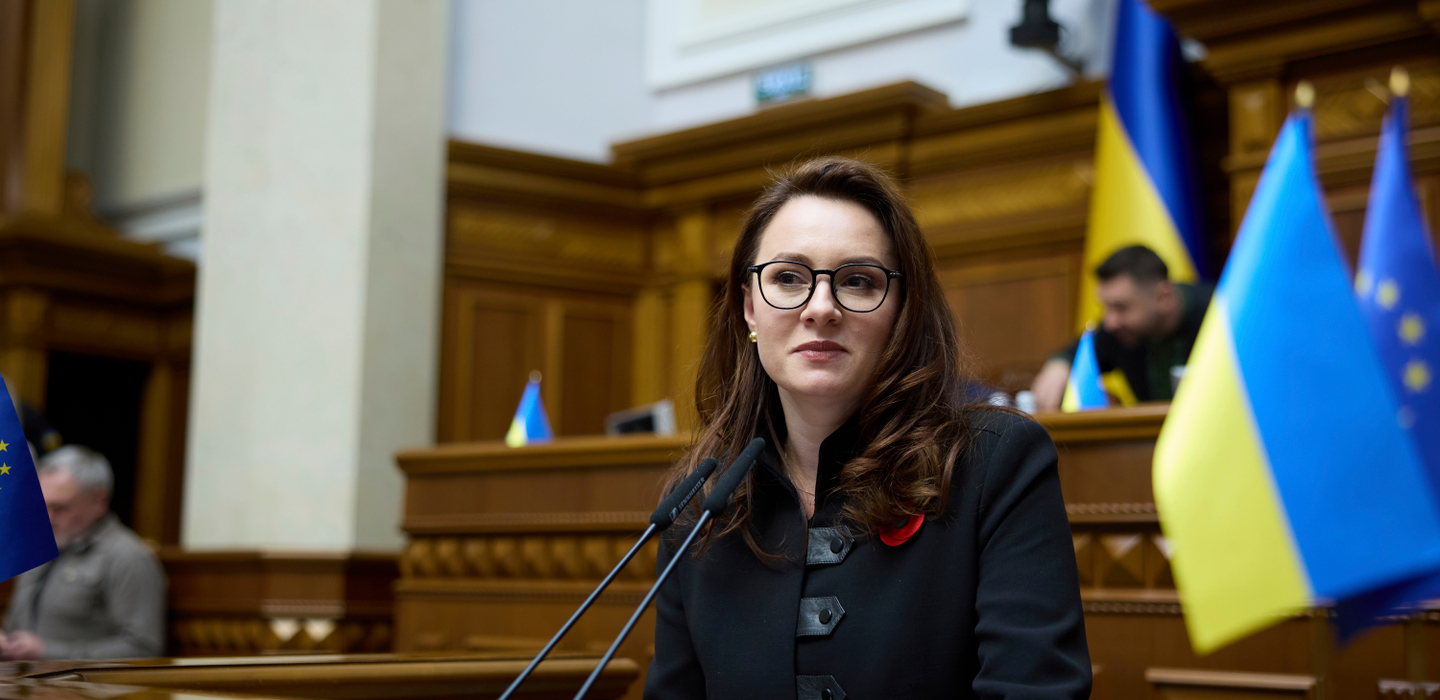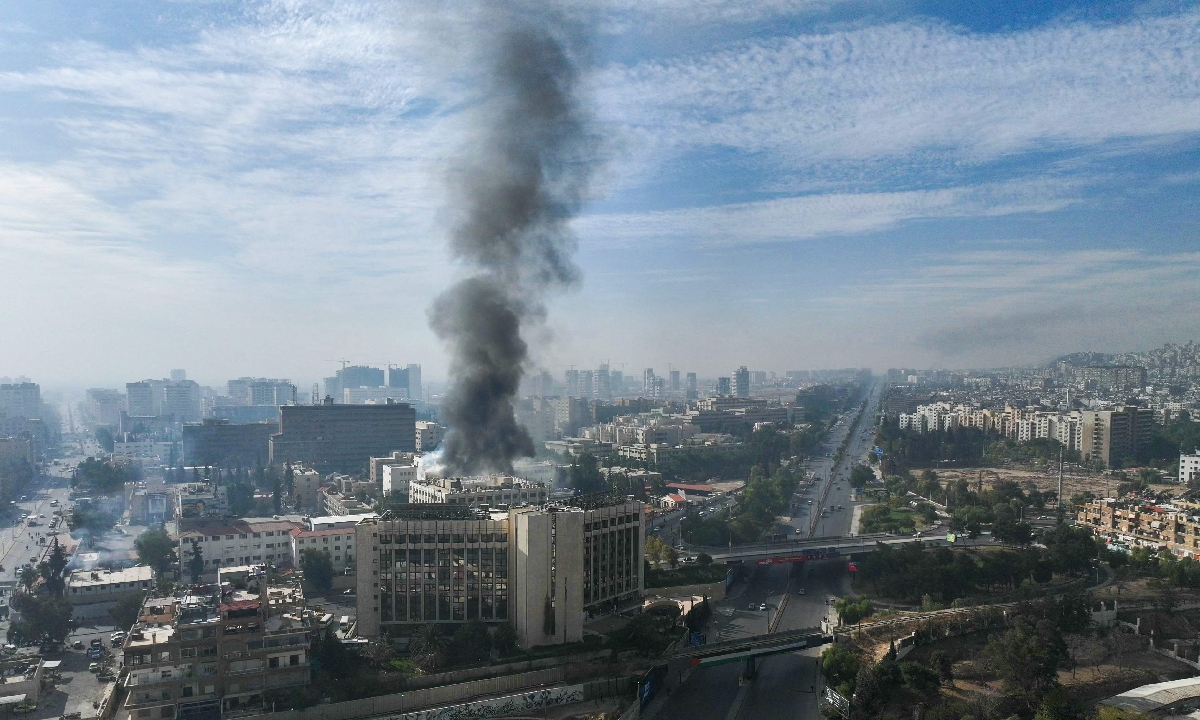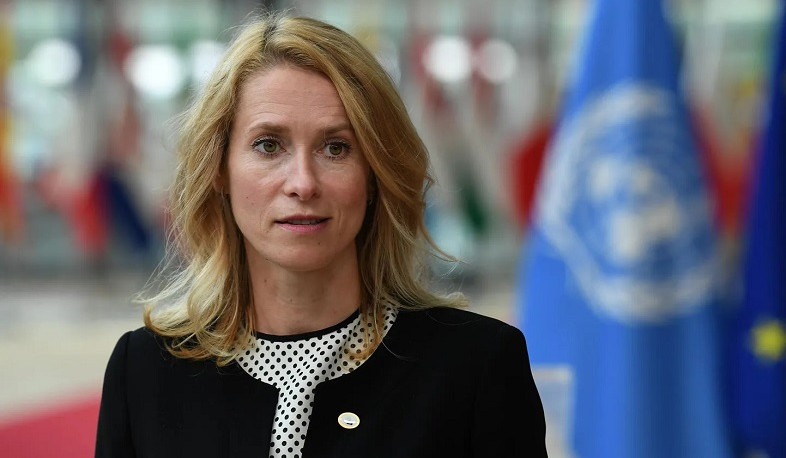Russian MID Spox on Georgia’s Sovereignty, Abkhazia, Geneva Talks

During online consultations with the Abkhaz “foreign ministry,” attended by the region’s top diplomat Inal Ardzinba and Sokhumi-based reporters, Russian Foreign Ministry (MID) spokesperson Maria Zakharova spoke of Georgia’s sovereignty, Geneva International Discussions, as well as her memories from Abkhazia, among others.
On Georgia’s Sovereignty
Maria Zakharova said, “we treat Georgia as a sovereign state, which has also gone through a very difficult and complicated path.”
The MID spox said the West brought “the destructive ideology” into Georgia and interfered with its domestic affairs.
“The West not only interfered in the affairs of this country but tried to model Georgian and the whole region development according to their own scenario.”
But she seemingly implied that unlike in the past, Georgia is nowadays “forming its sovereign policy” to define ways of its development.
She said this “true sovereignty” – irrespective of whether someone agrees or not with this or that viewpoint — was important against the current international background.
“It is very important that every state today pursues a sovereign foreign policy because this… is today a check on whether the state, the country, the people are sovereign, or is it all a fiction.”
Zakharova continued: “This is the most important moment recently when everyone must answer the question: do we dance to someone else’s music or are we truly independent and sovereign, will we always live under oppression… simply because it is profitable today somewhere over the ocean [meaning the U.S. – editor] to build world economic relations in that way? Or we can protect our internal sovereignty for future development?”
On Geneva Talks and Cancel Culture
Asked to comment on the postponement of Geneva International Discussions by the Co-Chairs amid Russia’s war in Ukraine, Zakharova spoke of the cancel culture and described the move as “childish.”
The MID spox implied that the postponement of the discussions was not linked to the differences over some principles or the ineffectiveness of the process, but due to the “West’s culture of cancellation.”
“You know how a child covers face with hands and says, ‘no one can see me, I’m in the house’…. And now the collective West says — and we are in the house, it covers its face with its hands, it closes its eyes and thinks that it has canceled somebody in this way.”
“Under the banners of tolerance, the achievement of peace in the form of its diversity, freedom of speech, and pluralism, all of this has simply curdled into this absolutely pathetic ideology of rejecting anything that does not fit into one’s own view of the world.”
Of Tangerines and Eucalyptus
Zakharova also spoke of her memories and attitudes toward Abkhazia, saying she practically grew up in the region – a popular Soviet-era coastal destination — as her parents used to visit it during her childhood.
“I adore everything related to the nature of Abkhazia, its culture, I basically started to understand and feel the Caucasus from Abkhazia.”
“I grew up with an understanding and a sense of what the Caucasus is all about after I had been with my parents in Sukhumi and its suburbs,” she added.
Zakharova continued: “Of course, I like most of all this wonderful combination of the sea and eucalyptus… my favorite smell since childhood. And by the way, for the first time, I saw tangerines bloom, this delicate aroma of tangerine flowers.”




